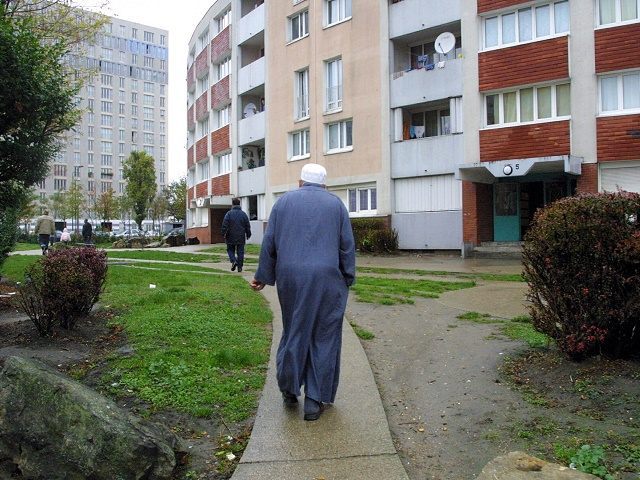A German member of parliament has spoken about the future of Berlin as a “sustainable” city in the light of the migrant crisis and has raised concerns about the city becoming a second Paris, beset with social problems and ghettoisation.
Berlin politician and member of parliament Kai Wegner, who is sitting on a city congress on sustainability and quality of life for the German capital this week made the comments in an interview with top national newspaper Die Welt. With the city presently undergoing unprecedented growth after years of decline, the population is set to hit a record four million, which has led to serious concerns.
Responding to the idea that this growth is unsustainable, Mr. Wegner said it was important there were: “no ghettoes. I do not want Parisian conditions in our city”.
One of the solutions to the crisis of high migrant populations in cities, explained Mr. Wegner was to move them instead to rural areas of low population. While he conceded migrants may not want to stay in the country as “many of their compatriots already live [in big cities]”, they would be forced to remain by cutting their welfare payments if they moved away from their government “assigned” address.
Ghettoisation is one of the hot topics in Berlin politics at the moment, as many protest the conversion of the city’s newest public park into a 7,000-man migrant camp. Itself the former Nazi-era Templehof airport situated just outside the city centre, the facility officially became a 750 acre park last year, but was almost immediately seized by the government in a bid to find space for migrants.
Responding to concerns about the Templehof camp, Mr. Wegner promised it would be a project limited to three years duration.
Berlin is not the only German city to lose their parks to the migrant crisis. Breitbart London reported on the lightning-strike by Germany’s civil emergency engineer ‘THW’ corps last year, which pounced on a city park in Dresden and converted it into a camp before locals had time to raise objections.
While Paris continues to enjoy a reputation as a romantic holiday destination and first-rate European city, decades of mass migration and the development, even in the mid to late 20th century of ethnic and cultural ghettos heave left it dealing with serious social problems. Even prestige city-centre locations like the city parks and railway termini have long been notorious hotspots of crime.

COMMENTS
Please let us know if you're having issues with commenting.